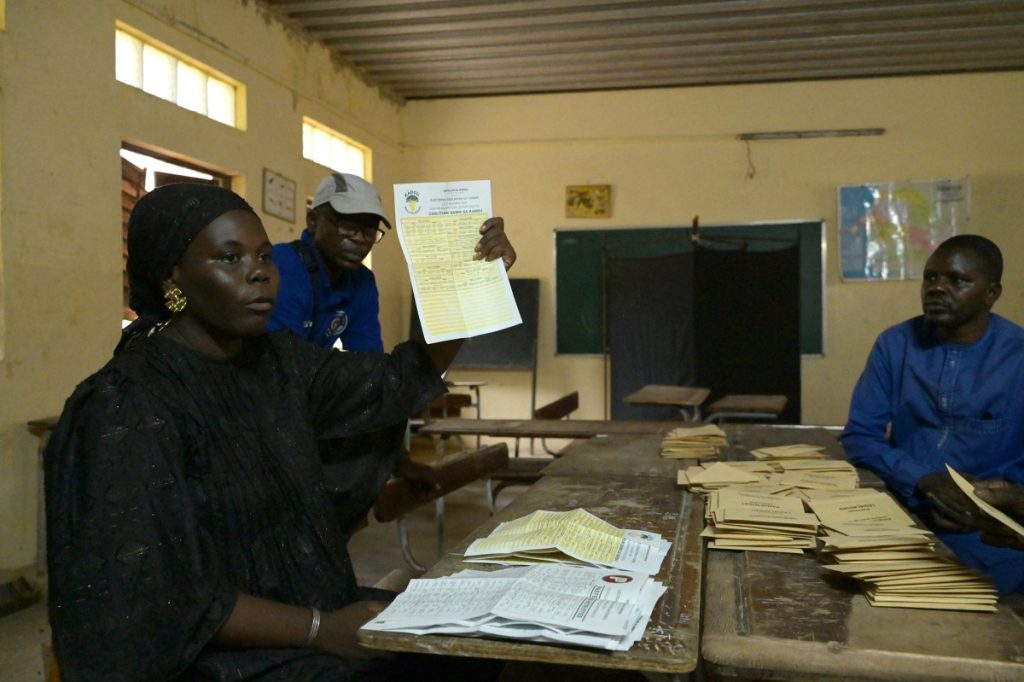Senegal’s ruling party, Pastef, claimed a decisive victory in Sunday’s parliamentary elections. This sets the stage for President Bassirou Diomaye Faye to advance his reform agenda just eight months after taking office.
Voting proceeded peacefully across the country, with Pastef announcing that 90 to 95 per cent of ballots had been tallied.
Provisional results suggest Pastef has outperformed its two main opposition rivals at most polling stations. Faye’s election in March was fuelled by pledges to tackle unemployment, high inflation, and corruption, raising hopes among Senegal’s youthful population.
However, an opposition-controlled parliament had obstructed the administration’s efforts, leading Faye to dissolve the chamber in September and call early elections.
President Faye appointed his political mentor, Ousmane Sonko, as prime minister. Sonko, a vocal critic of past administrations, has championed a pan-Africanist agenda alongside Faye. Together, they promised to diversify Senegal’s international partnerships, renegotiate hydrocarbon and fishing contracts, and restore its economic sovereignty.
Although voter turnout appeared lower than during the presidential election, many voters supported consolidating Faye’s leadership.
Senegal has maintained its reputation as a stable democracy in a region prone to political upheaval. Both Faye and Sonko urged peace during the election, with Sonko emphasising that democracy is expressed through peace and stability.

Despite the generally calm proceedings, former president Macky Sall’s opposition coalition, Takku Wallu Senegal, alleged massive fraud but provided no evidence to support the claim.
Opponents have criticised Faye’s government, accusing it of inaction and score-settling with the previous administration. Economic challenges remain pressing, with unemployment exceeding 20% and many Senegalese risking dangerous journeys to Europe.
The administration has undertaken reforms, including lowering the cost of essential household goods such as rice and oil. A 25-year development plan has also been introduced to revitalise Senegal’s economy and public services.
Although the government has acknowledged a wider budget deficit than disclosed, it has begun auditing public finances to restore economic stability.


